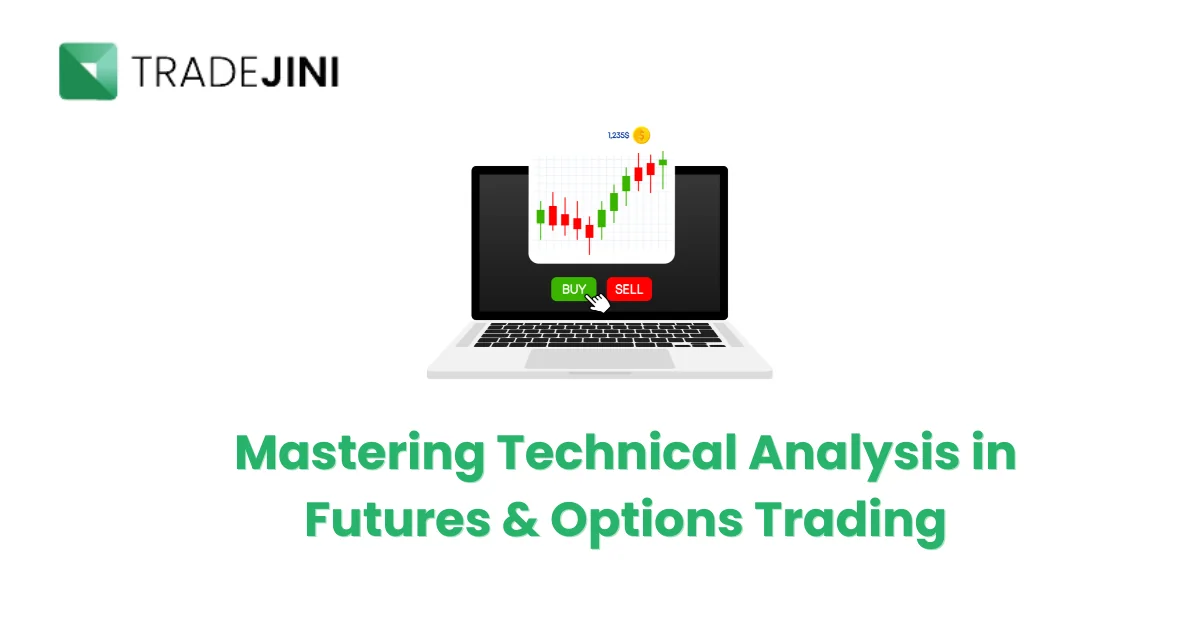Reshaping industries, redefining tasks, and influencing decisions at an unprecedented rate, AI is no longer the stuff of science fiction; it's a potent force already wielding immense power across various domains.
From dial-up days to pocket AI assistants, tech has taken a whirlwind tour. We transitioned from clunky phones to connected supercomputers, brick-and-mortar to online shopping sprees, and rigid algorithms to intelligent machines. Each step fueled the next, blurring boundaries and transforming our world. This journey isn't over, as AI homes, self-driving cars, and VR experiences loom on the horizon. The world around us has been rapidly evolving on the back of the technological revolution.
The world of the stock market, investing, and finance has also been keen to utilize these innovations. Traders and investors have grappled with the daunting task of predicting market movements and are in a constant wrestling match with volatility and unexpected events.
Investors and fund managers are always on the lookout for the next instrument in their corner. Artificial intelligence (AI) and Machine Learning (ML) have emerged as the latest and most promising contenders. If harnessed properly, these tools can bring about a paradigm shift in how financial decisions are made. AI, the
simulation of human intelligence by machines, has revolutionized the way stock investing and trading are conducted. From sophisticated applications like AI assistants to the more commonplace use of algorithms, AI permeates the financial landscape, empowering stakeholders with tools to analyse vast amounts of data and make informed decisions.
In this article, we explore the multifaceted role of AI in finance and investing, what it brings to the table, possible use cases, and the potential challenges it needs to overcome.
What is AI?
Before going through the possibilities of its application in the stock market, let us understand what Artificial Intelligence is.
Artificial intelligence (AI) is the emulation of human intelligence by machines, achieved through software designed to mimic cognitive functions. It encompasses a wide array of applications, from advanced conversational agents like ChatGPT to algorithms used in financial markets. AI processes vast datasets, analyses information, and makes decisions autonomously or with minimal human intervention. Its utilization extends to diverse sectors, including healthcare, transportation, and education, where it enhances efficiency and innovation.
What benefits will AI have?
Data-driven: AI can revolutionise decision-making processes by facilitating a data-driven approach with it’s ability to analyse vast amounts of data swiftly and accurately. AI-driven data analysis empowers traders to anticipate market trends, adapt to changes and stay ahead of competitors in today's dynamic investing landscape.
Risk management: AI can play a crucial role in enhancing risk management strategies for investors. By leveraging AI algorithms and machine learning techniques, organizations can identify, assess, and mitigate various types of risks, including financial, operational, and cybersecurity risks, in real-time AI-powered risk management systems continuously monitor market conditions, detect anomalies, and provide early warnings of potential threats.
Reduced human bias: A significant advantage of AI is its ability to mitigate human bias in decision-making processes. Unlike humans, AI algorithms make decisions based on objective criteria and statistical analysis, free from subjective influences and cognitive biases. By automating repetitive tasks and decision-making processes, AI minimizes the risk of errors and inconsistencies caused by human judgment, leading to more accurate and impartial outcomes.
What are the applications?
Portfolio management: Alright, picture having a personal finance guru in your corner, guiding you to the perfect mix of stocks that suits your risk tolerance and how long you plan to invest. Once you've got your portfolio set, AI teams up with modern portfolio theory to craft one that hits that sweet spot on the efficient frontier, balancing returns and risk like a pro. It will whip up a tailored portfolio just for you, using AI to crunch the numbers and pick the best mix of stocks.
But it doesn't stop there. These automated portfolios keep an eye on things for you. If your portfolio starts straying too far from your original plan, they step in and rebalance it automatically. It's like having a smart, hands-off approach to investing.
Risk Management: Another approach to handling risks by teaming up with AI, is using fancy order options to keep risks in check during active trades. But here's the thing: AI can also step in to prevent over-exposure to certain stocks in a portfolio. Say you've got multiple managers all eyeing the same stock in different asset classes within the same portfolio - AI can help balance that out.
Model Training: When we are talking about training these machine learning algorithms, what we're doing is feeding them loads of historical data. They kind of sift through all that data, trying to spot any patterns or relationships between different features and how stock prices move. It's like they're studying the past to make educated guesses about what might happen in the future with stock prices.
Challenges
Machine learning isn't perfect, even though it gets smarter every day. Sure, it can crunch massive datasets and learn from them, but that doesn't mean it's a fortune teller.
Here's why you can't rely on AI for everything:
- Blind to the unexpected: AI models are stuck in the past, analysing what has already happened. Therefore, they may overlook events like unexpected pandemics or bizarre market crashes. It's like trying to predict the weather without ever looking at the sky.
- Not a crystal ball: Past performance isn't always a guarantee of future results, even for things like stocks. Social media whispers or a shift in the economy can throw things off. ML might not see those coming either.
- Big brain, bigger bill: Building and running these things isn't cheap. They need a lot of data and computing power, which means companies need to open their wallets wide.
Conclusion
AI's potential to impact finance and investing is undeniable, offering powerful tools for data analysis, risk management, and portfolio optimization. While not a crystal ball, AI can inform smarter decisions and reduce human bias. Yet, challenges remain. ‘Black Swan’ events and market shifts pose hurdles, and ethical considerations around data privacy and transparency are crucial. As AI evolves, the financial landscape will undoubtedly transform.
Change is the only constant and the spheres of AI and investing are also evolving constantly. Navigating the journey of connecting these worlds responsibly, and harnessing the power of AI while acknowledging its limitations, will be key to unlocking its full potential for investors and the market as a whole.



